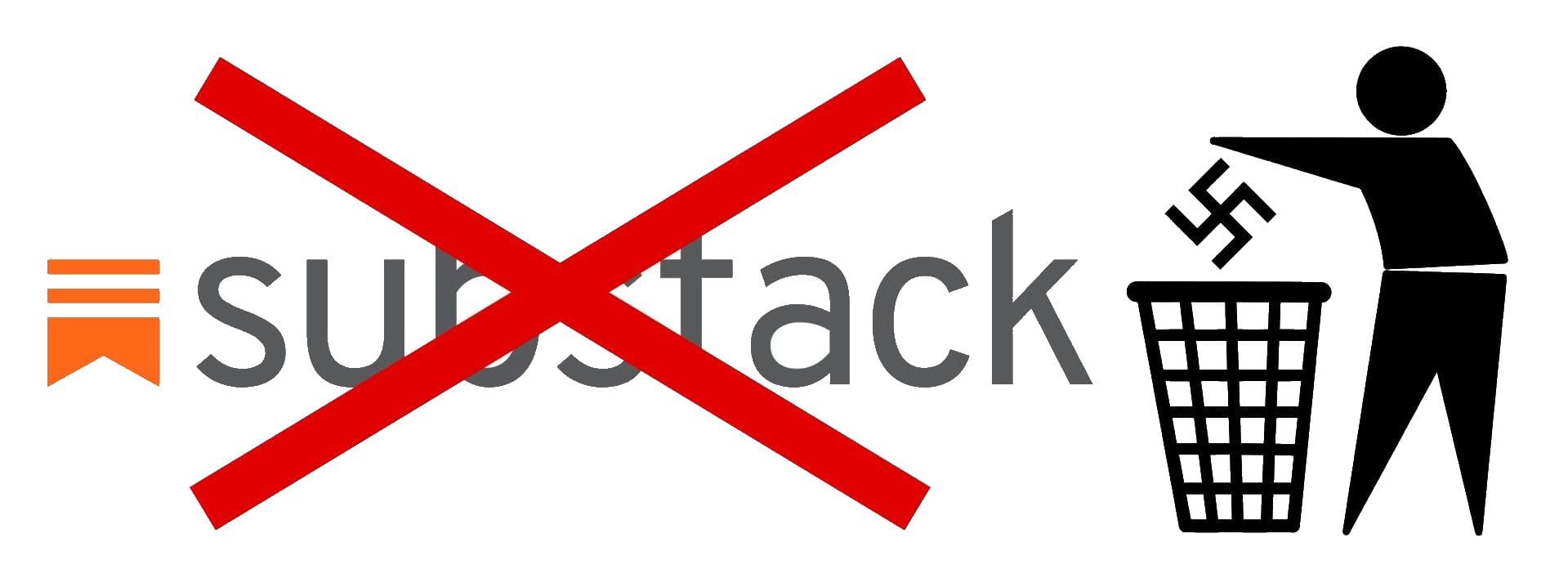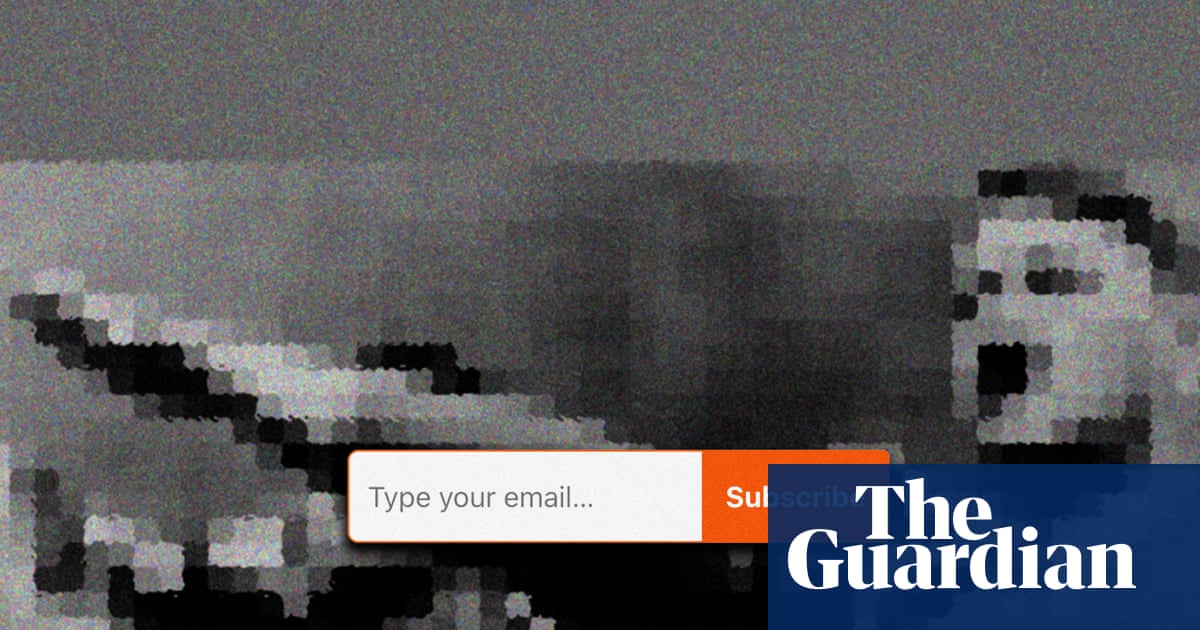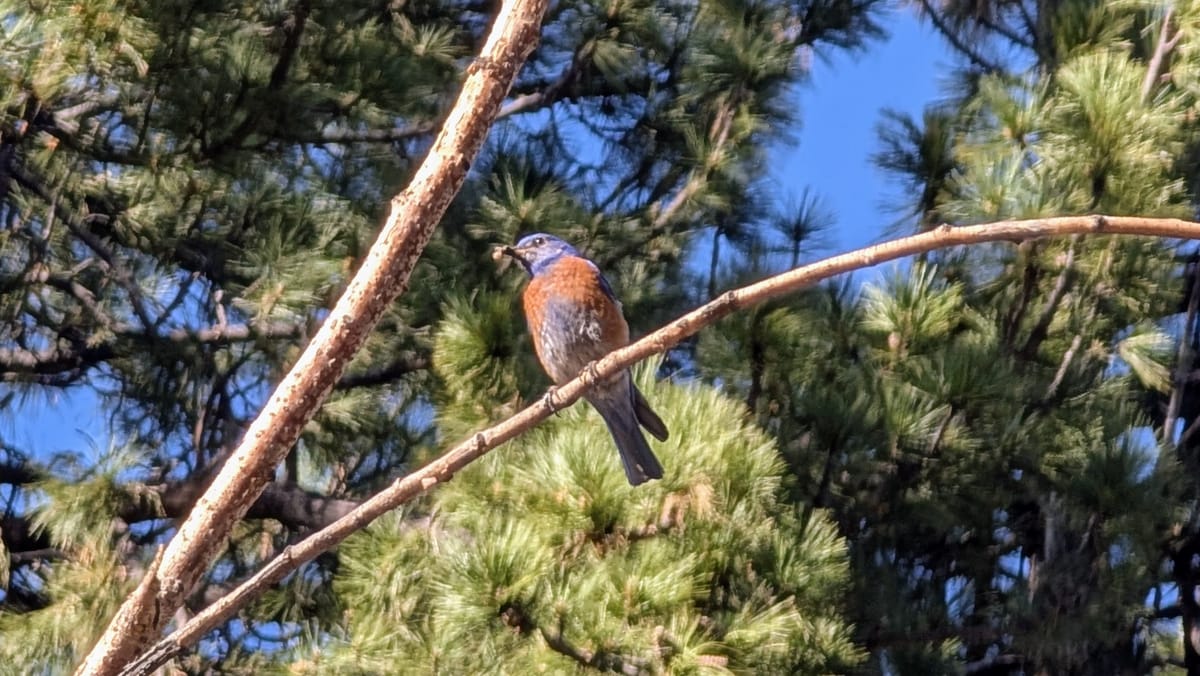The second part of the Butlerian Handbook was not supposed to be about Substack but the news decided otherwise:
Your regular reminder that if you use #Substack... Don't....
I'm working on something!
I'm working on something!
"The 'Why I’m Leaving Substack' post is the new 'Goodbye to All That,'” writes Sarah Scrier for NiemanLab. Some top newsletter writers — including Anne Helen Petersen, Lyz Lenz, and Virginia Sole-Smith — have left Substack for Patreon. Email delivery issues, poor technical support and an overemphasis on social features were reasons for their departure. Both Petersen and Lenz also referenced Substack's platforming of Nazis and hate speech in their farewell notes. Here's more.
#Media #News #Publishing #Substack #Patreon #Newsletters #LyzLenz #AnneHelenPetersen #VirginiaSoleSmith
"The 'Why I’m Leaving Substack' post is the new 'Goodbye to All That,'” writes Sarah Scrier for NiemanLab. Some top newsletter writers — including Anne Helen Petersen, Lyz Lenz, and Virginia Sole-Smith — have left Substack for Patreon. Email delivery issues, poor technical support and an overemphasis on social features were reasons for their departure. Both Petersen and Lenz also referenced Substack's platforming of Nazis and hate speech in their farewell notes. Here's more.
#Media #News #Publishing #Substack #Patreon #Newsletters #LyzLenz #AnneHelenPetersen #VirginiaSoleSmith
Petit coup de bouche à oreille pour les liens du dimanche « De ma terrasse » de @tcrouzet :
https://tcrouzet.substack.com/p/de-ma-terrasse-29
car quand même, j'y lis souvent des trucs que je ne vois passer nulle part ailleurs. Merci !
Petit coup de bouche à oreille pour les liens du dimanche « De ma terrasse » de @tcrouzet :
https://tcrouzet.substack.com/p/de-ma-terrasse-29
car quand même, j'y lis souvent des trucs que je ne vois passer nulle part ailleurs. Merci !
"The days of us being able to walk on [to social media], tweet something, walk away, and get people to come to our website are over…" @404mediaco's Jason Koebler told Nieman Lab's Hanaa' Tameez at the iMEdD International Journalism Forum last week. "We said, if we don’t aggressively move people from social media platforms that we don’t control to platforms that we do control, this business isn’t going to work and we aren’t going to have jobs anymore.” This led the team at 404 to ask readers for email addresses and put older stories behind paywalls, which totally transformed their business. Here's more from NiemanLab on what 404, The Economist and El País have learned about how to attract and retain readers in today's media environment.
#Media #Journalism #SocialMedia #OpenSocial #Newsletters #MediaIndustry
Coming back to the original topic, can we emulate the decentralisation of ATProto Relays in the field of mass email sending? So self/community-hosted Ghost instances don't need to pay protection money to get emails delivered to subscribers who've opted in to receiving them.
I'm thinking of an automated system where Bob clicks the link in a subscription verification email, and that sends a token to the email host approving mail from the address that will send newsletters.
(7/7)
There have been various proposals for imposing a cost on sending email, to reduce the temptation to spam;
https://en.wikipedia.org/wiki/Cost-based_anti-spam_systems
I think imposing monetary cost is the wrong approach. But what about a system where verifying your email with a newsletter or mailing list issues their server a unique stamp? Which it can use as proof that you want email from them delivered.
Just thinking out loud here. Anyone have any ideas about implementing this?
I'm very disappointed to discover that a self-hosted Ghost can't actually send out newsletters by email.
It provides all the front-end for accepting subscribers and promising them new posts by email, and it's all turned on by default. But to send those emails, you need a paid account with a proprietary mail missile called MailGun.
EDIT: Not really Team Ghost's fault, see below.
(1/?)
If you're truly principled about rejecting #racism, #fascism, #extremism (or at least not monetizing it), it sure seems weird to still be using #Substack when there's so many guides on how to get off it.
✅ Migrating from Substack - Ghost
https://docs.ghost.org/migration/substack
And...
✅ Migrating from Substack to Ghost: Step-by-Step Guide - Amplify Respect
https://www.amplifyrespect.com/i-migrated-from-substack-to-ghost-heres-all-the-details/
✅ Substack to Ghost import guide for 2024: How I migrated my newsletter
https://www.readonlymemo.com/substack-to-ghost-migration-guide-in-2024-setting-up-mailgun-and-cloudflare/
If you're truly principled about rejecting #racism, #fascism, #extremism (or at least not monetizing it), it sure seems weird to still be using #Substack when there's so many guides on how to get off it.
✅ Migrating from Substack - Ghost
https://docs.ghost.org/migration/substack
Techdirt: Substack’s Algorithm Accidentally Reveals What We Already Knew: It’s The Nazi Bar Now. “Last week, we got a perfect demonstration of what happens when you build your platform’s reputation around welcoming Nazis: your recommendation algorithms start treating Nazi content as more than worth tolerating, to content worth promoting. As Taylor Lorenz reported on User Mag’s Patreon […]
Interesting to see two major news outlets — The Verge and Wired — both announce major newsletter strategies nearly simultaneously. I suspect both are motivated by the hope that email will be "stickier" than the (declining) direct traffic to news websites.
"The Verge Launches New Site Features Aimed at Deepening Audience Engagement and Announces New Editorial Newsletters": https://www.theverge.com/press-room/710921/verge-site-features-launch-newsletters
"A New Era for WIRED—That Starts With You": https://www.wired.com/story/a-new-era-for-wired-that-starts-with-you/
The Verge cites the desire to "deepen[] its direct relationship with readers". Wired writes "The platforms on which outlets like WIRED used to connect with readers, listeners, and viewers are failing in real time", saying they wish to "connect our humans to all of you humans".
Interesting to see two major news outlets — The Verge and Wired — both announce major newsletter strategies nearly simultaneously. I suspect both are motivated by the hope that email will be "stickier" than the (declining) direct traffic to news websites.
"The Verge Launches New Site Features Aimed at Deepening Audience Engagement and Announces New Editorial Newsletters": https://www.theverge.com/press-room/710921/verge-site-features-launch-newsletters
"A New Era for WIRED—That Starts With You": https://www.wired.com/story/a-new-era-for-wired-that-starts-with-you/
The Verge cites the desire to "deepen[] its direct relationship with readers". Wired writes "The platforms on which outlets like WIRED used to connect with readers, listeners, and viewers are failing in real time", saying they wish to "connect our humans to all of you humans".





